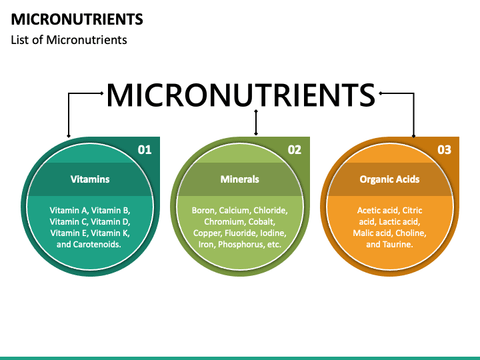
What is balanced diet? understanding the role of micro and macro
Let’s break it down.
What is a Balanced Diet?
A balanced diet provides your body with all the nutrients it needs to function optimally. It is a combination of essential nutrients in the right proportions that support your body's energy requirements, growth, and repair.
A truly balanced diet includes:
1. Carbohydrates: Your primary energy source.
2. Proteins: Essential for building and repairing tissues.
3. Fats: Needed for energy storage, hormone production, and brain function.
4. Vitamins and Minerals: Critical for metabolic processes, immunity, and cell function.
5. Fiber: Vital for digestion and gut health.
6. Water: Essential for hydration, temperature regulation, and physiological processes.
The Role of Macronutrients in a Balanced Diet:
Macronutrients—carbohydrates, proteins, and fats—are required by the body in larger quantities. They are the cornerstone of your diet and serve different but complementary purposes.
1. Carbohydrates (45–65% of daily calorie intake):
Provide immediate energy.
Found in grains, fruits, vegetables, and legumes.
Complex carbs (like whole grains) are better as they release energy slowly.
2. Proteins (10–35% of daily calorie intake):
Help in building and repairing muscles, skin, and organs.
Found in meats, fish, eggs, dairy, legumes, and nuts.
Crucial for enzymes and hormones that regulate bodily functions.
3. Fats (20–35% of daily calorie intake):
Act as a secondary energy source.
Support cell growth and protect organs.
Include healthy fats from avocados, nuts, seeds, and olive oil while minimizing saturated fats.
The Role of Micronutrients in a Balanced Diet:
Micronutrients—vitamins and minerals—are required in smaller amounts but are no less important than macronutrients. They play key roles in ensuring that the body functions efficiently.
1. Vitamins:
Vitamin A: Essential for vision and skin health.
Vitamin D: Helps with calcium absorption and bone health.
Vitamin C: Boosts immunity and aids in collagen production.
2. Minerals:
Calcium: Strengthens bones and teeth.
Iron: Important for oxygen transport in the blood.
Potassium: Regulates fluid balance and muscle contractions.
Tips for Achieving a Balanced Diet
1. Eat a Rainbow: Incorporate a variety of colorful fruits and vegetables to get a wide range of vitamins and minerals.
2. Include Whole Foods: Choose unprocessed or minimally processed options like whole grains, lean proteins, and healthy fats.
3. Portion Control: Overeating even healthy foods can disrupt the balance of nutrients.
4. Stay Hydrated: Water is essential for transporting nutrients and eliminating waste.
5. Supplement When Necessary: If dietary restrictions or medical conditions limit certain foods, consult a healthcare provider for supplementation.
:max_bytes(150000):strip_icc():format(webp)/Health-BestCarbsForYourHealth-e1966f39da9c420a95fb7e228a192500-5dc477bb669d45b3a0717fb40d1ed5fd.jpg)
Conclusion
A balanced diet is not a rigid framework but a flexible guideline tailored to individual needs, preferences, and health goals. By understanding the roles of macronutrients and micronutrients, you can create meals that nourish your body and mind. Start small, make conscious choices, and watch how a balanced diet transforms your health and energy.
Our High Protein Oatmeal, which is robust and nourishing, helps in gaining and improving protein intake, muscle recovery, and bone density irrespective of the age of the customer, whether they be old or young.
